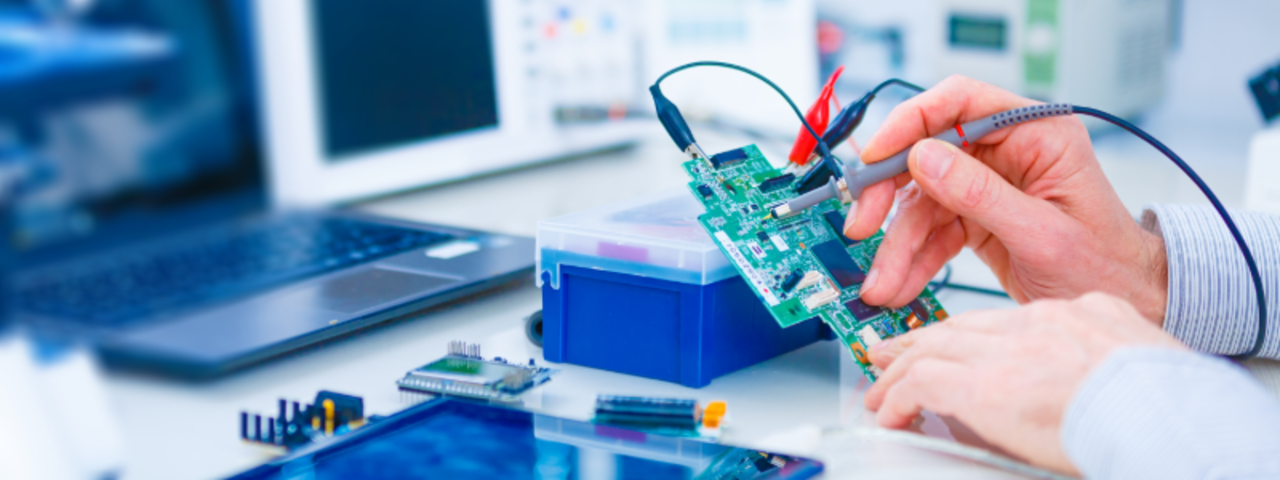
When powering medical devices, safety, dependability, and performance are pivotal aspects of any specification. Original equipment manufacturers (OEMs) in the medical field worldwide must choose a reliable supplier when designing new battery-powered medical equipment; a valued partner who can deliver custom power solutions for medical devices, differentiated by innovation, reliability, and time-to-market, from initial design to production.
For more than 40 years, Alexander Battery Technologies has been supplying power solutions to the medical device industry, which originated from the manufacture of battery packs for intravenous (IV) equipment and respirators. In recent years, the company has been expanding its reach further into the medical field, capturing some unique markets such as those that focus on brain monitors and blood analysers, as well as recent rapid-response Covid-19 related applications.
Power solutions for medical devices and equipment
Since its origins, the company has maintained facilities dedicated to unique custom battery pack assemblies in all chemistries. With an initial focus on nickel-cadmium (NiCd) power solutions over 30 years ago, Alexander Battery Technologies developed their concepts over time, moving onto nickel-metal hydride (NiMH) battery packs, and now the current lithium-ion (Li-Ion) smart battery packs, in various chemistries, including high power density LiNMC and long-life Li-Ion phosphate (LPF).
Numerous medical equipment applications necessitate lithium-ion and lithium ferrous phosphate (LiFEPO4) battery packs, and Alexander Battery Technologies offers full design and development services of power solutions in a wide variety of configurations for medical device equipment, such as endoscopes, infusion pumps and ventilators. The company tackles challenging technical issues such as manufacturing over-mould plastic assemblies and offers battery pack custom connectors that may be challenging to design and develop.
Unlike many suppliers, Alexander Battery Technologies takes time with its clients to understand their application in complete detail, giving the company a quality advantage right from the beginning, from the prototype stage through to production.
Alexander Battery Technologies president and CEO Michael Shirley said: “I think what you hear from us throughout these conversations is that we really focus on a partnership with our customers, and we serve as an engineering extension for them, bringing our experience to the table, in some cases helping them to solve issues where other suppliers had difficulties.” While other suppliers focus on what they can offer, Alexander Battery Technologies begins by asking the customer’s requirements and challenges.
Engineering vice-president Chris Turl said: “We add value by working closely with the customer to understand where we can resolve issues and improve performance, ensuring we can get the best product for them.”
Design and development process for medical device battery packs and chargers
The majority of Alexander Battery Technology’s development processes derive from a global established model of development, from concept, capturing requirements through first prototyping, then qualification samples, and a production ramp-up program with its customers.
Turl continued: “We match our timelines to the customers’, all the way through concept to development to production. Looking at formal approvals at each stage to make sure that our development timelines are aligned.”
Each project breaks down into various work packages, which include every aspect of development, from the initial identification of cells and other key technology, through to prototyping, managing regulatory requirements, and taking a product through pilot runs and on to production ramp-up. In addition to ISO9001, the company also holds ISO13485 certification, a globally recognised standard within the medical industry, which ensure conformance to tightly controlled Quality management processes and procedures
Future developments for the medical field
Any new product Alexander Battery Technologies works towards is bespoke to the OEM they work alongside. Therefore, the company is unable to divulge in-depth information surrounding each product until its production. However, noteworthy projects in development at this time include a handheld medical scanner device, as well as Covid-19 related responses.
Global OEM sales vice-president Greg Weber said: “The current focus is a power solution for a handheld medical device; it’s an analyser, and we’re working closely for the development of that entire project.”
Despite the Covid-19 pandemic causing a decline in the sale of some medical devices and equipment globally, rising demand for products such as wearable therapeutic devices could dominate wearable healthcare devices consumption in the coming years.
As such, the addition of a more extensive range of handheld devices related to the medical field to Alexander Battery Technologies already established portfolio is a logical move for the company moving forward.


